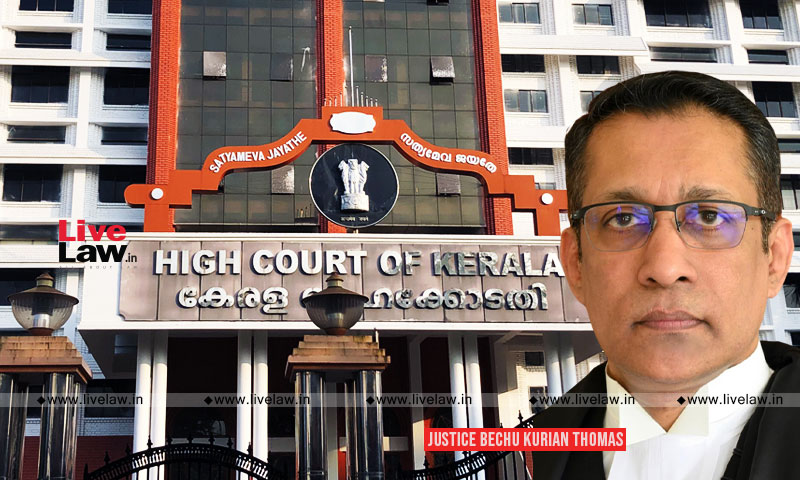SC/ST Act - Anticipatory Bail Application Can Only Be Filed Before The Special Court, Not High Court: Kerala HC
Athira Prasad
4 Sept 2022 11:15 AM IST

Next Story
4 Sept 2022 11:15 AM IST
The Kerala High Court on Friday held that in cases of alleged offences under the SC/ST Act, an application for anticipatory bail can be filed only before the Special Court or the Exclusive Special Court constituted under the Act and not before the High Court.Justice Bechu Kurian Thomas further clarified that High Court has neither concurrent jurisdiction under section 438 CrPC nor...
